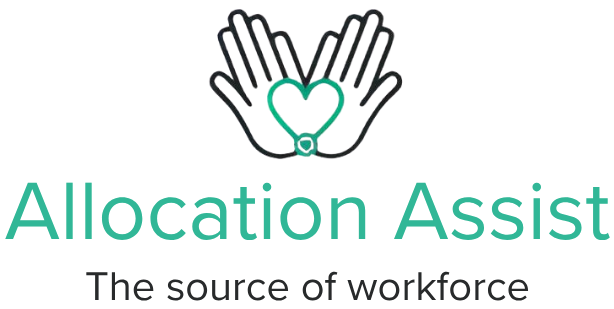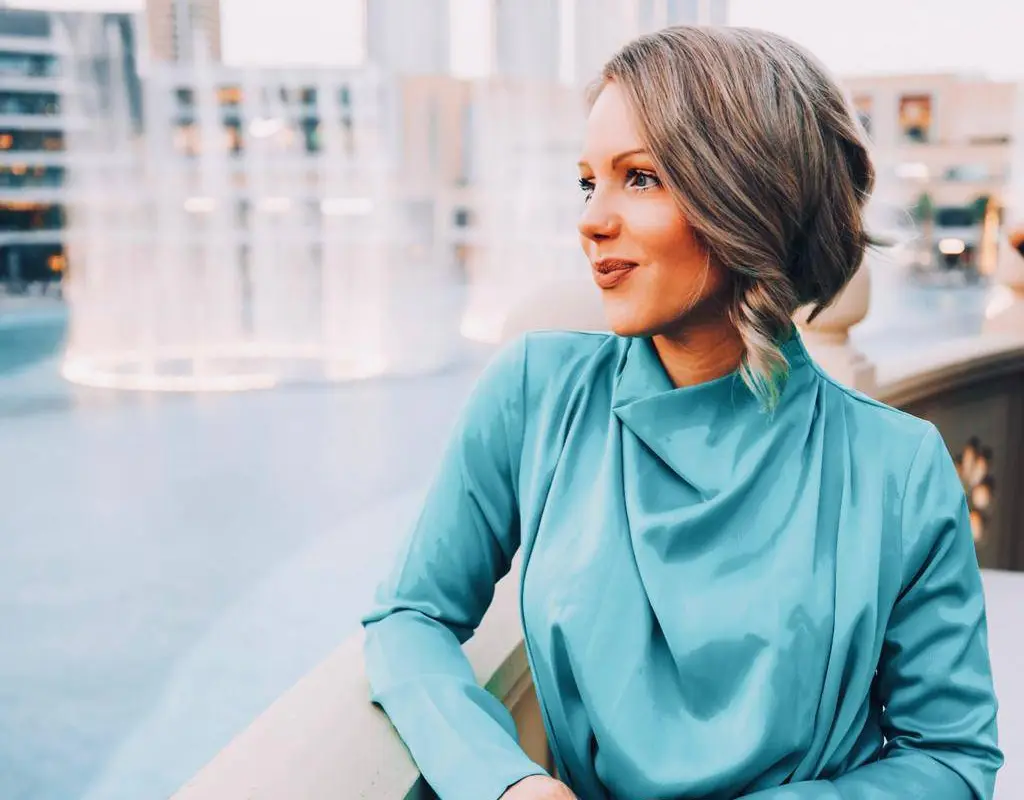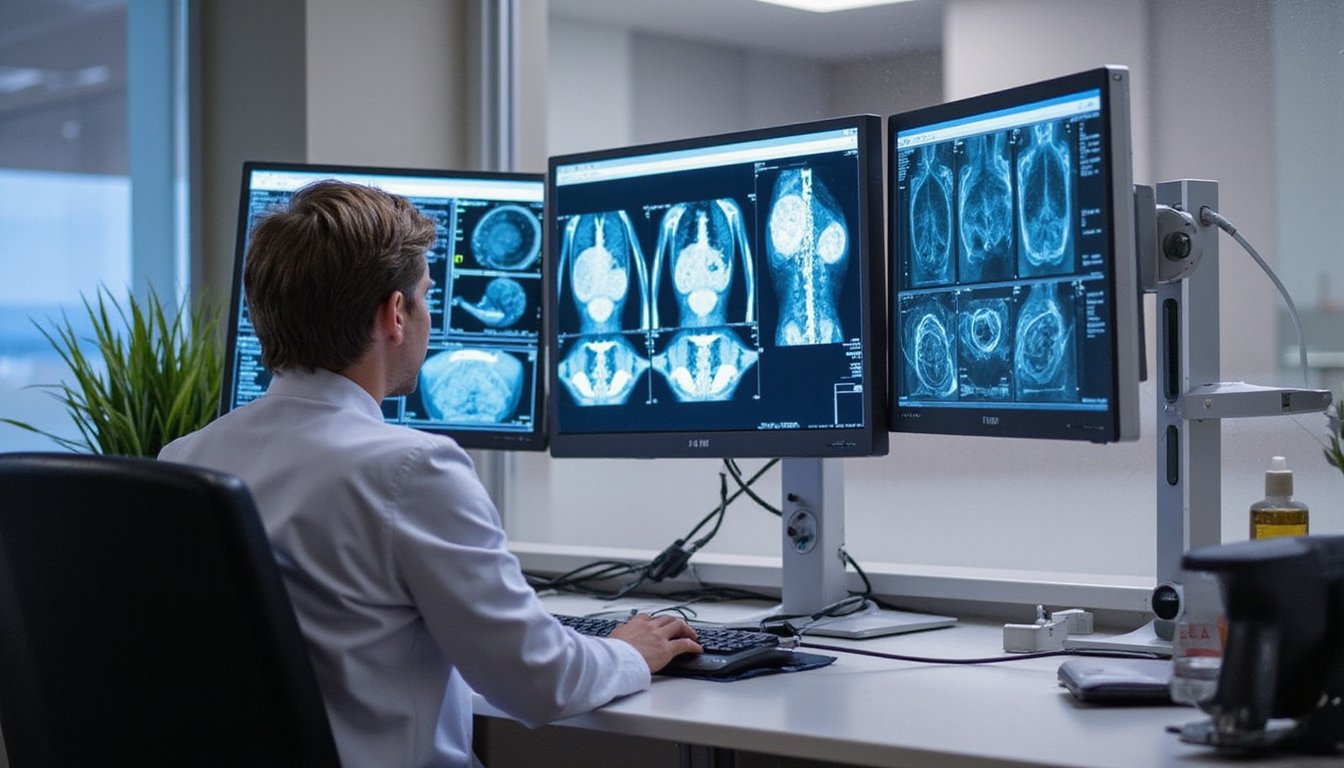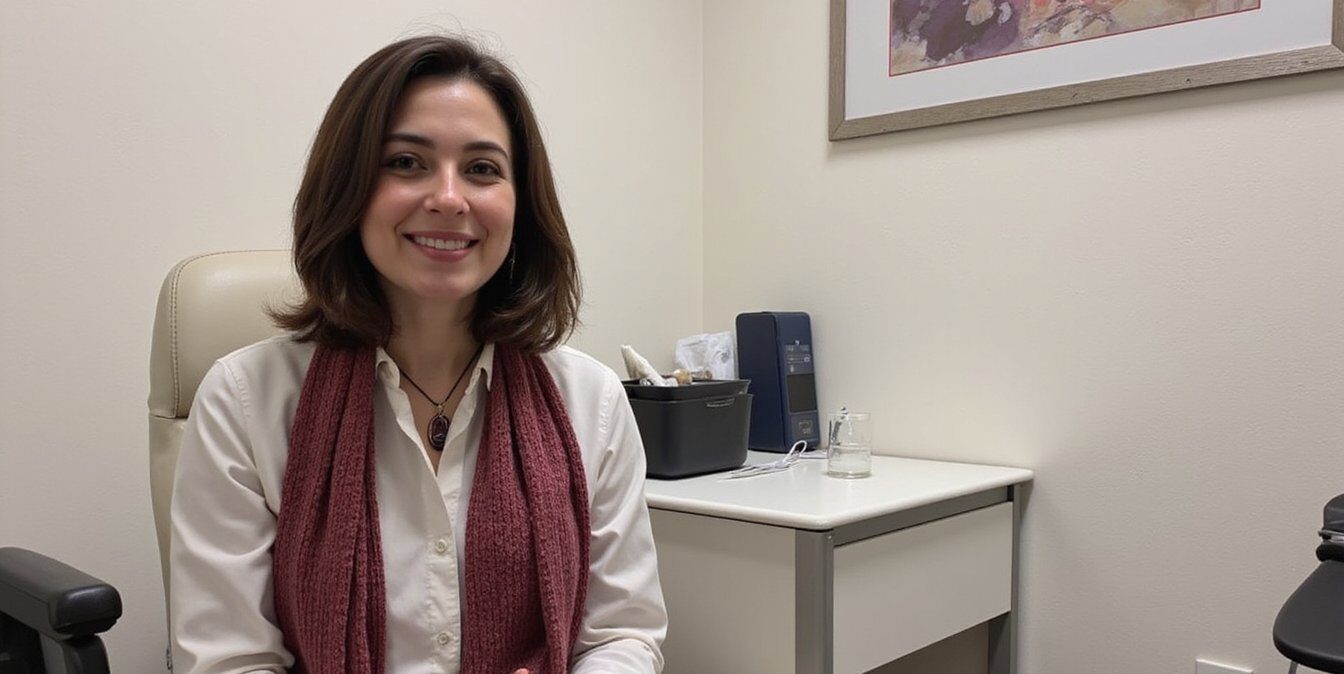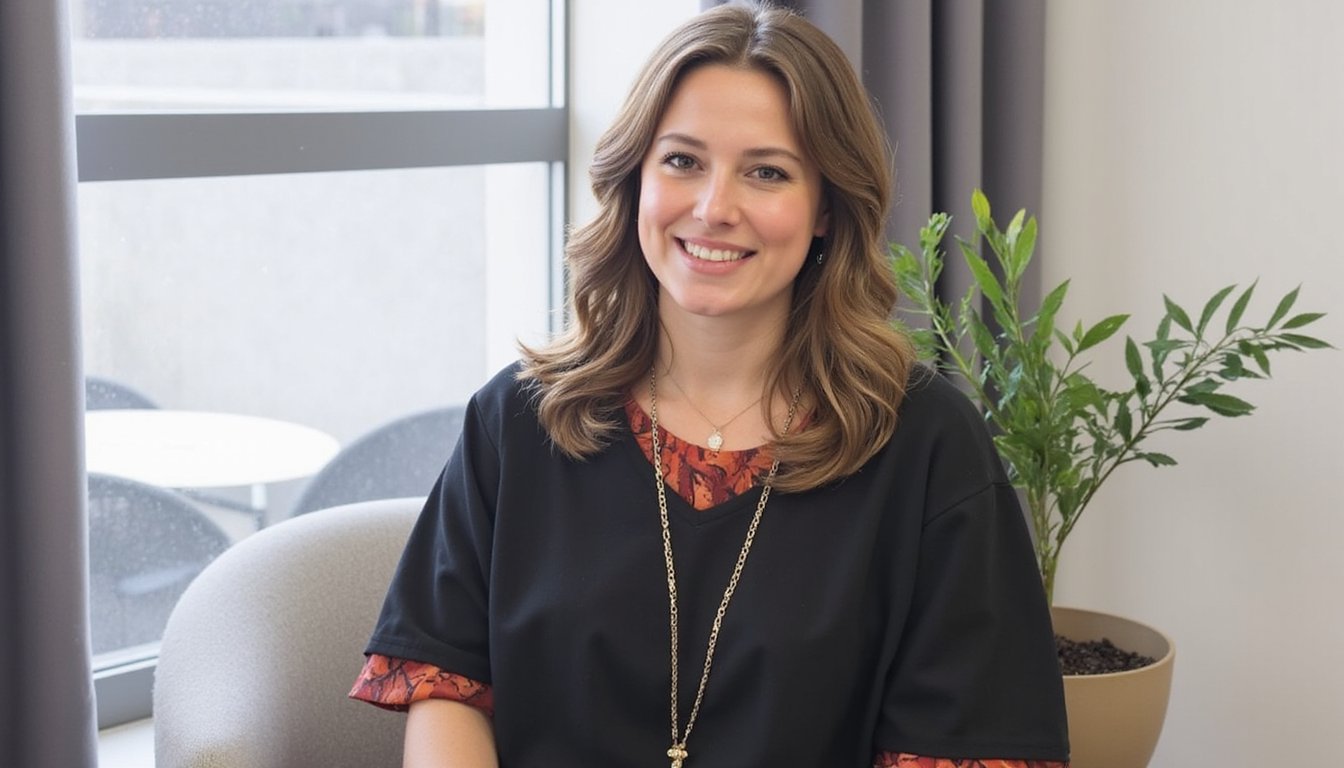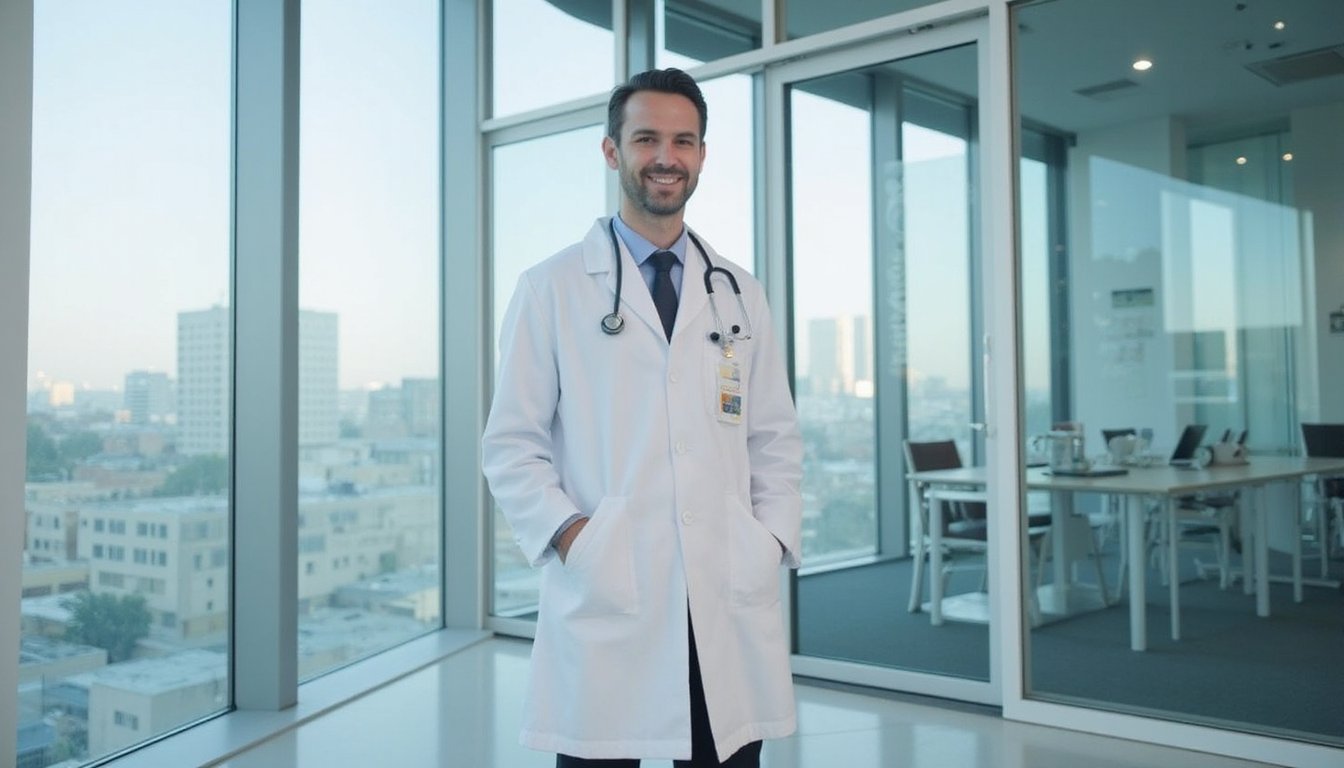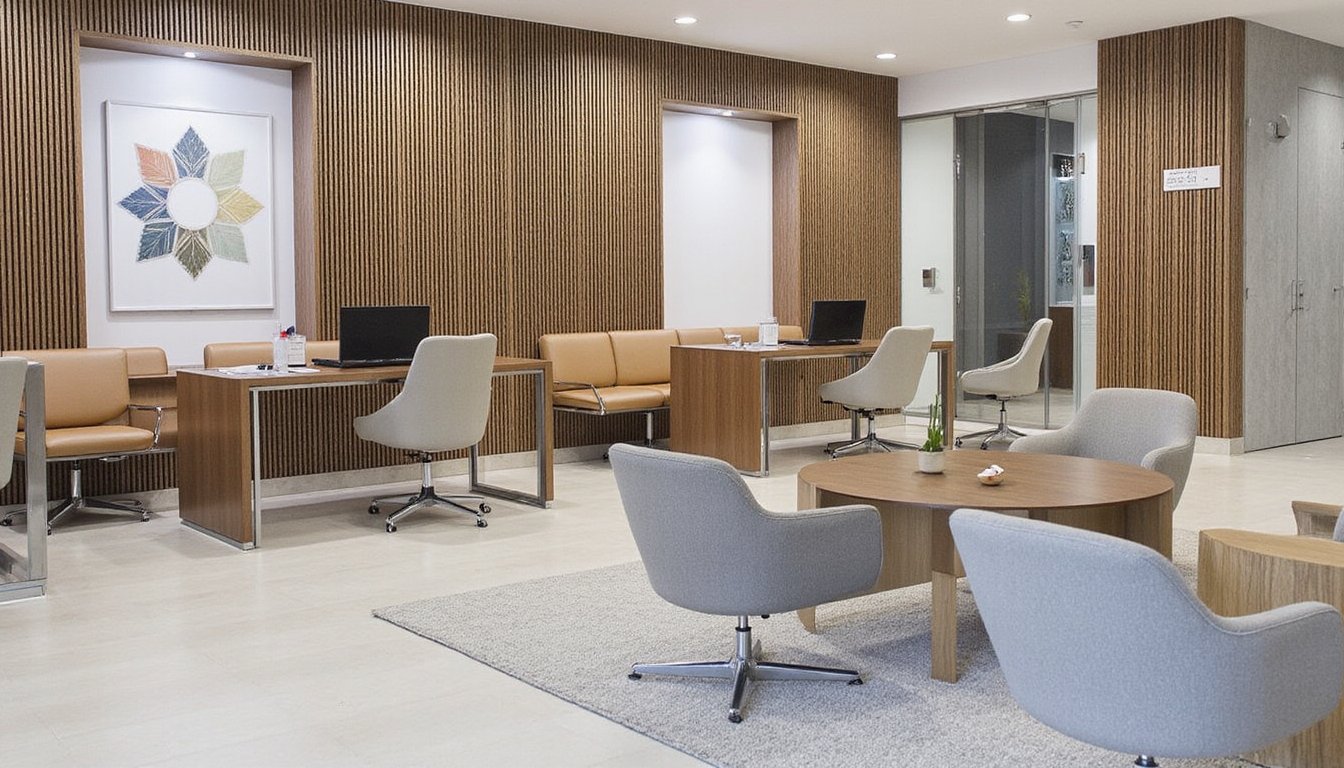To access emergency healthcare in Dubai, you’ll need to dial 998 for ambulance services or visit dedicated hospital emergency departments. You must provide upfront payment or valid insurance documentation with minimum coverage of $100,000 for emergency care and $50,000 for medical evacuation before receiving treatment. English-speaking operators are available, and facilities comply with DHA standards. Understanding Dubai’s complete emergency medical protocols guarantees you’re fully prepared for unexpected health situations.
Understanding Dubai’s Emergency Medical System
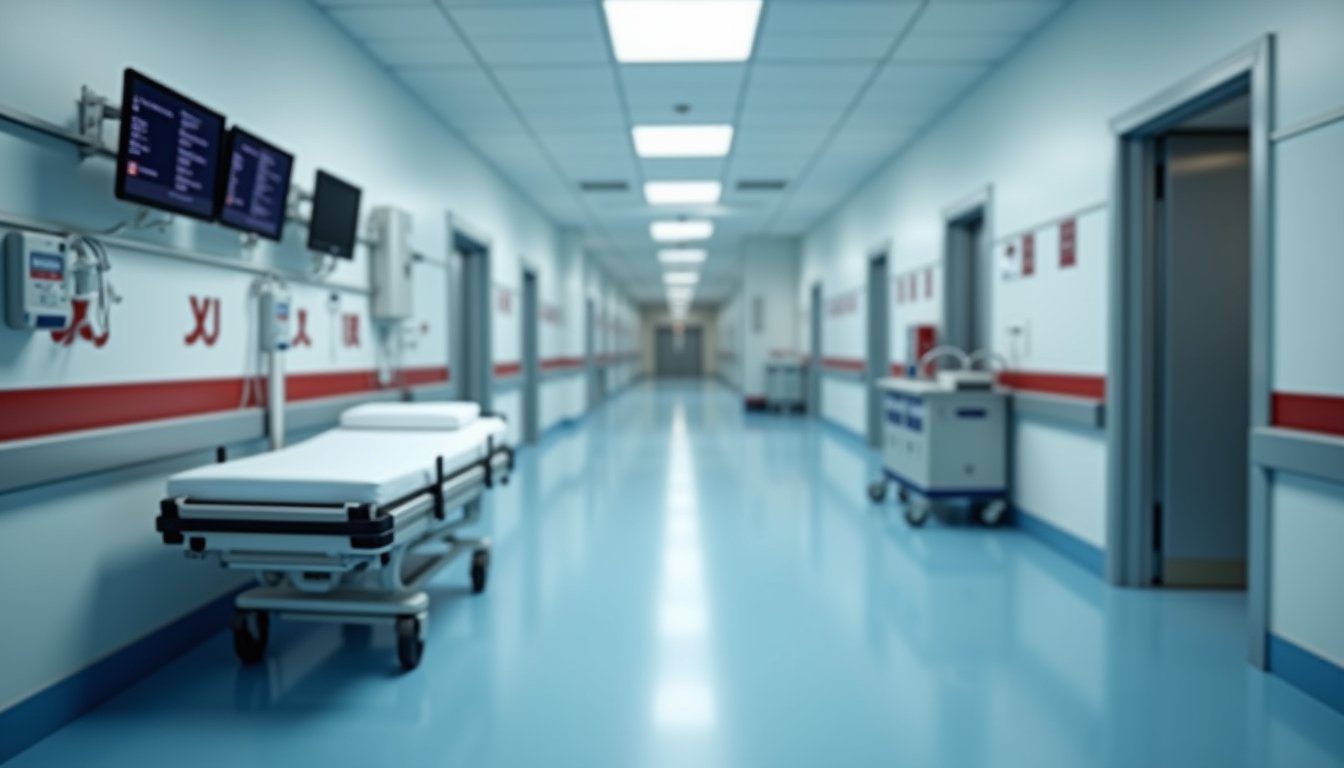
While visiting Dubai, you’ll find a sophisticated emergency medical system that combines centralized ambulance services with specialized hospitals. The city operates 120-150 ambulances daily, ensuring efficient emergency response and patient transport to appropriate facilities. The system includes dedicated HEMS transport for critically ill patients requiring rapid evacuation from remote locations.
Public hospitals like Rashid and Dubai Hospitals serve as primary emergency care centers, with Rashid Hospital handling 140,000 emergency department visits annually. These facilities maintain state-of-the-art technology to deliver high-quality emergency medical services. For specialized needs, Al Wasl Hospital provides round-the-clock pediatric and obstetric emergency services. Private hospitals typically offer limited emergency care, particularly in smaller facilities. The emergency care is primarily delivered by expatriate physicians who work alongside nursing staff from India and the Philippines.
When requiring emergency care, you can access services through ambulance dispatch or direct hospital visits. The system prioritizes rapid pre-hospital care and uses advanced triage protocols to manage cases effectively. Emergency departments are equipped with state-of-the-art diagnostic and surgical capabilities for thorough treatment.
Key Emergency Contact Numbers and Services
Dubai’s emergency response system operates through an extensive network of dedicated contact numbers and services. When you need urgent medical assistance, dial 998 for ambulance services. For immediate police response, use 999, and for fire emergencies, call 997. English-speaking operators are available if you need to communicate in English.
As a tourist, you’ll have access to specialized support through Dubai Tourism Police at 8004438 or +971-4-609-6239. If you’re experiencing a medical crisis, the DCAS SOS app provides ambulance location tracking throughout Dubai. For non-emergency situations, you can reach Dubai Police at 901. The app’s SOS feature automatically pinpoints your exact location when activated. The Advanced Mobile Location feature sends your coordinates via location data SMS during emergency calls.
Additional emergency numbers include 800424 for poison control (weekdays 7 AM-11 PM), 800-988 for child protection services, and 800-1111 for public health concerns. For coastal emergencies, contact the Coastguard at 996 or +971-56-682-4343.
Hospital Facilities and Treatment Standards
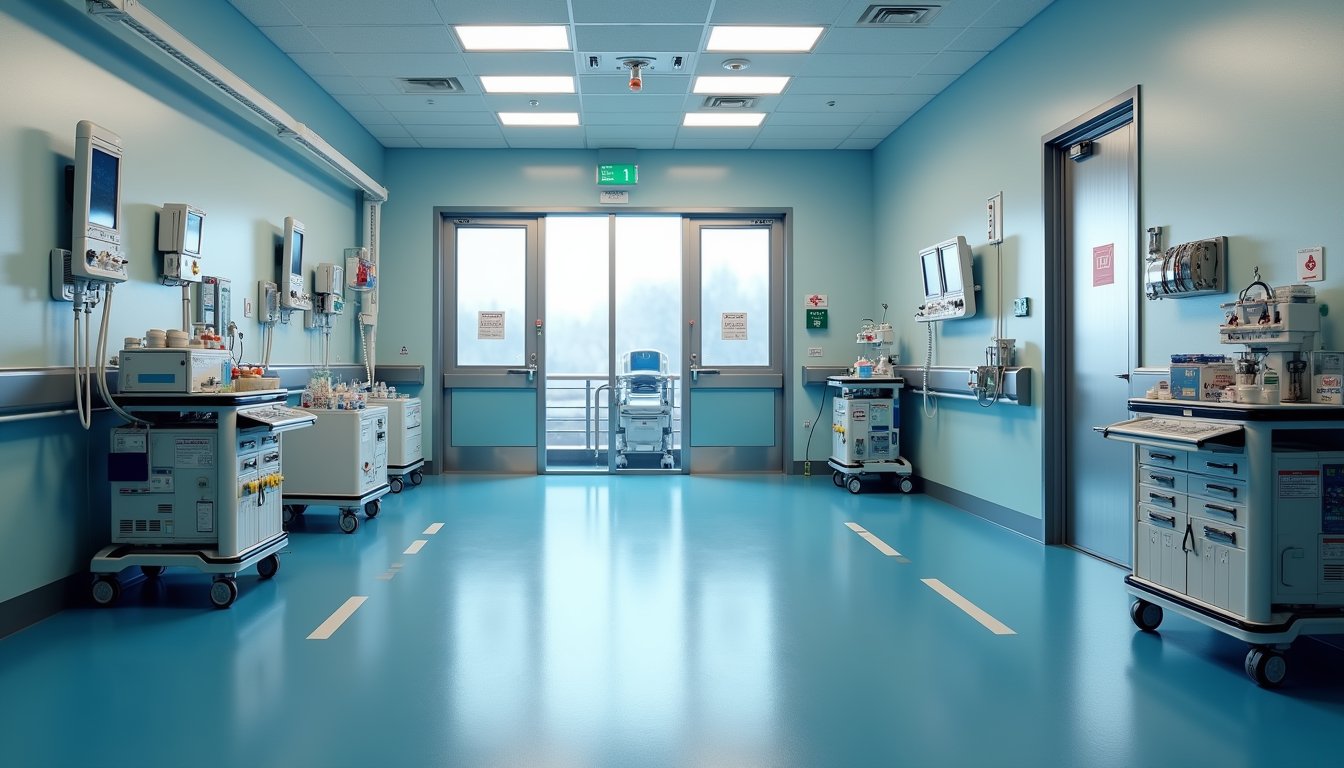
Healthcare facilities across Dubai adhere to stringent international standards, featuring state-of-the-art emergency departments designed specifically for tourist accessibility. You’ll find dedicated emergency entrances, mandatory triage rooms, and specialized treatment areas equipped with advanced medical technology. According to current DHA licensing requirements, all medical facilities must complete rigorous inspections to maintain their operational status. In emergency situations, patients can contact multilingual operators through 998.
| Facility Feature | Standard Requirement |
|---|---|
| Emergency Access | Separate vehicle and pedestrian entrances |
| Isolation Rooms | AII units for infectious disease control |
| Equipment | DHA-verified medical devices |
| Accessibility | Wheelchair-accessible pathways |
| Safety Protocols | High-efficiency air filtration systems |
Treatment standards meet rigorous DHA guidelines, with super-specialty hospitals offering focused emergency care in areas like cardiology and oncology. You’re guaranteed access to facilities with trained staff, including sign language interpreters, and standardized safety protocols. Every emergency facility maintains resuscitation areas stocked with essential medications and equipment, ensuring you receive prompt, high-quality care during medical emergencies.
Payment Options and Insurance Requirements
When seeking emergency medical care in Dubai, you’ll need to provide immediate payment or valid insurance documentation before receiving treatment. Your insurance provider must meet minimum coverage requirements of $100,000 for emergency care and $50,000 for medical evacuation, with policy details clearly stating coverage terms in your native language. Since most healthcare providers in Dubai typically operate on a cash basis, you should be prepared to make upfront payments for services. You’ll need to present your insurance card and policy details to hospital staff, who will then determine whether to bill your insurer directly or require upfront payment for reimbursement later. For comprehensive emergency care access, Dubai offers several 24/7 medical facilities across the emirate that provide round-the-clock services for urgent medical situations. Without proper insurance, tourists may face significant nonrefundable expenses for medical treatments that could have been covered by a comprehensive travel insurance policy.
Initial Payment Procedures
Accessing emergency healthcare in Dubai requires immediate attention to payment procedures, as tourists must satisfy specific financial obligations before receiving treatment. You’ll need to provide either cash or credit card payment upfront unless you have valid travel insurance coverage.
During the initial payment procedures, you must present your travel insurance documentation for verification. If you’re uninsured, you’re required to settle the full cost of treatment before services begin. For emergency situations, calling 998 will dispatch an ambulance service to your location. Unlike the Basic Health Insurance offered to residents, tourists cannot access local coverage options. For payments over Dh1,000, local residents can use the Easy Payment Plan through participating banks. The hospital will only accept payments in UAE Dirhams (AED), and you can’t access local installment plans or payment arrangements available to residents.
Keep in mind that while credit cards are accepted, you should ascertain your card has sufficient limits for potential emergency costs. The hospital will provide receipts for any insurance reimbursement claims you may need to file later.
Insurance Coverage Documentation
Proper insurance documentation plays an essential role in securing emergency medical care in Dubai. You’ll need to present your insurance verification documents at medical facilities, which must clearly show coverage for emergency treatment, hospitalization, and medical evacuation. Your policy should specify minimum coverage amounts of $100,000 for emergency care and $50,000 for evacuation services. Most tourists visit between October to April when Dubai’s weather is most pleasant for exploring the city’s healthcare facilities.
During the insurance verification process, staff will check your policy’s coverage limitations, including any exclusions for pre-existing conditions. Keep digital and physical copies of your insurance documents readily accessible, including your policy number and 24/7 emergency contact details. Without adequate coverage, you may face high medical costs as a tourist seeking treatment in Dubai’s premium healthcare facilities. Your insurance documentation must be valid throughout your entire stay in Dubai and clearly state the coverage period, benefits schedule, and repatriation provisions.
Post-Treatment Care and Documentation

After receiving emergency treatment in Dubai, you’ll need to compile several key documents, including validated prescriptions with complete patient details, itemized invoices, and proof of your $30k minimum insurance coverage. Your follow-up care options include remote telehealth consultations and specialist referrals through DHA-approved networks, which must be documented in your medical records. If you require translated medical documents, you must obtain certified translations of all post-treatment records, prescriptions, and care instructions for use in your home country.
Insurance Documentation Requirements
When tourists receive medical treatment in Dubai, thorough documentation becomes essential for insurance claims and post-treatment processes. You’ll need to prepare several key documents to guarantee smooth processing of your claims within various insurance types and coverage limits.
Start by gathering your passport copy, valid visa details, and insurance certificate showing your active policy. You must submit completed health insurance forms, including your medical history declaration and any pre-existing condition documentation. For claim processing, maintain detailed records of hospital bills, treatment invoices, and prescription receipts.
Ascertain you’ve documented your policy number and retained all payment receipts. If you’ve received emergency care, collect discharge summaries and incident reports. For repatriation cases, you’ll need evacuation records and transport-related coverage validation to support your claim.
Follow-up Care Guidelines
Receiving thorough follow-up care remains essential for tourists who’ve undergone medical treatment in Dubai. You’ll need to coordinate with medical coordinators from Dubai’s Overseas Treatment Department who’ll manage your follow-up schedules and align them with post-discharge requirements.
For post-treatment monitoring, you must maintain detailed medical records and discharge summaries documenting your recovery guidelines. Your treating physicians will share progress updates with your local healthcare providers to guarantee continuity of care. Various rehabilitation options are available through specialized centers meeting international standards, including physical therapy for musculoskeletal, cardiac, or post-surgical needs. You’ll have access to facilities within 20-30 minutes of your accommodation, and transportation assistance is provided between treatment venues and housing to facilitate consistent care access.
Medical Records Translation Process
The medical records translation process plays an essential role in guaranteeing effective post-treatment care for international patients in Dubai. You’ll need to work with MOJ-licensed translators who can provide certified translations of your medical documentation, ensuring translation accuracy of complex medical terminology.
For legal compliance in the UAE healthcare system, your medical documents must undergo:
- Apostille or attestation from your home country
- UAE Embassy validation and MOFA authentication
- Certified Arabic translation by an authorized translator
Your translated medical records will be processed through secure digital platforms that protect patient confidentiality while enabling swift distribution to healthcare providers. Computer-assisted translation tools help maintain consistency in technical terms, while AI-assisted validation systems guarantee the precision of translated medical information for seamless continuity of care.
Medical Quality Assurance and Safety Protocols
Dubai’s medical quality assurance protocols establish strict standards for emergency healthcare delivery to tourists and residents alike. All emergency healthcare facilities must maintain international healthcare standards and undergo regular audits to guarantee compliance with Dubai Health Authority regulations.
Emergency protocols require multilingual medical staff to facilitate clear communication with international patients. Healthcare facilities like Rashid Hospital implement extensive training programs for medical personnel, keeping them updated on the latest emergency care procedures. Quality control measures include mandatory documentation of all emergency cases, systematic review of treatment outcomes, and continuous monitoring of patient safety metrics.
Each emergency department maintains strict safety protocols for triage, diagnosis, and treatment. These protocols integrate seamlessly with ambulance services, intensive care units, and specialized trauma centers to provide thorough emergency medical care.
Frequently Asked Questions
Can Tourists Request Female Doctors for Emergency Medical Treatment in Dubai?
While you can express a preference for a female doctor during emergency treatment in Dubai, there’s no guarantee your request can be accommodated due to staffing limitations and urgency of care. Cultural sensitivity issues are considered, but medical necessity takes precedence in emergencies. Your best option is to research private hospitals beforehand that may have more female doctors on staff, as public emergency departments focus primarily on immediate medical intervention regardless of provider gender.
Are Service Animals Allowed to Accompany Patients in Dubai Emergency Rooms?
Yes, you can bring your service animal into Dubai emergency rooms, as UAE healthcare facilities follow service animal policies similar to international standards. Your service animal must perform specific disability-related tasks, and you’ll need to maintain control of them at all times. While emergency room protocols allow service animals, staff may temporarily separate you during critical procedures. You don’t need to show certification, but carrying documentation can help streamline access.
What Medications Are Restricted for Tourists to Bring Into Dubai?
You’ll need to carefully review Dubai’s strict customs regulations regarding restricted substances before traveling. Common medications requiring pre-approval include codeine (above 30mg), pseudoephedrine, and controlled substances like fentanyl and oxycodone. You must obtain online approval from UAE’s Ministry of Health for controlled medications and can bring up to three months’ supply with proper documentation. All prescriptions must be in English or Arabic, and medications must be in original packaging.
Do Dubai Hospitals Provide Halal Food Options During Emergency Stays?
Yes, you’ll find that Dubai hospitals consistently provide halal food options during emergency stays. They follow strict halal dietary guidelines in their food preparation protocols. You can expect standardized halal meal services in major medical facilities, where dedicated kitchen staff maintain proper food handling procedures. If you have specific dietary requirements, you should inform the medical staff immediately upon admission, and they’ll guarantee your meals comply with halal standards throughout your stay.
Can Tourists Choose Which Hospital to Go to During Emergencies?
While you can express a hospital preference, emergency protocols typically direct you to the nearest appropriate facility based on your condition’s severity and required care. If you’re using ambulance services, they’ll follow established hospital affiliations and transport routes. However, if you’re able to arrange private transportation and your condition isn’t life-threatening, you’re free to choose from Dubai’s accredited hospitals that match your insurance coverage and specific medical needs.
